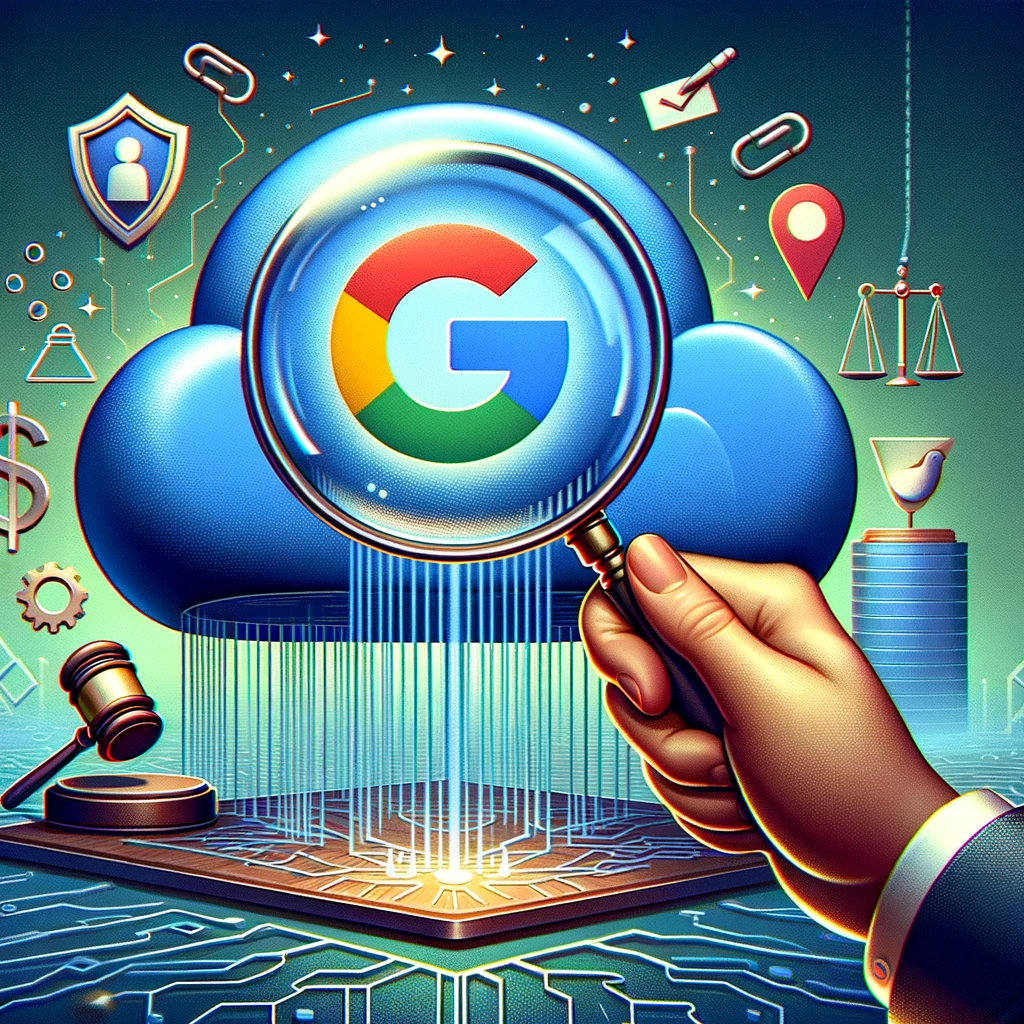-
Google’s Gemini API – Is my data safe and legally compliant?

You are thinking of using Google’s latest LLM Gemini API in your business, but you are concerned about legal compliance: is your data safe? The story can be summarized as: Let’s get the background out of the way first. Google announced that its latest AI LLM model Gemini is now available as an API on…
-
Bring Your Own Data into OpenAI GPT Apps

What is Bring Your Own Data into OpenAI? Imagine you’re running a chatbot like ChatGPT. It can answer general questions, but you want to ask for details about something specific to you. Maybe you’re selling a product, if you can put the manual right at the top of ChatGPT’s reading list, that would be incredibly…
-
AI word count limit – Why it sucks for legal
A major technical limitation for AI in the legal industry is word count. Large language models (like GPT) and products that are built on top just cannot process more than roughly 10 pages competently. It might sound great for most use cases, but that is a short contract or decision in the legal context. The…
-
OpenAI Opt-In Rules, New Practices for Data Privacy

ChatGPT and natural language processing AI’s are the talk of the workplace. You can generate emails, blog posts, even PowerPoint presentations. A major barrier to enterprise-use is OpenAI’s Terms of Use A major shift in their terms today (the OpenAI opt-in scheme) should remove the barriers for many businesses, leaving behind only the most stringent.…
-
Microsoft Azure OpenAI – How to Apply

ChatGPT is the latest “game changer” in the artificial intelligence space. ChatGPT is extremely accessible because anyone can sign up for a free account at https://chat.openai.com/. With a free account, you can play around with a chatbot that can answer factual questions, draft emails, and more. We put a few AI tools to help draft…
-
Privacy Policy Generator – Critiquing Shopify’s Approach
Shopify provides a free privacy policy generator at https://www.shopify.com/tools/policy-generator. It’s from a large and reputable company, so what can go wrong? Quite a lot. Let’s get to the basics first. A privacy policy is generally required when you handle personal information. “Handle” and “personal information” are loaded terms that are not defined the same universally,…
-
Why should we standardize legal documents?
In the past, I have written about the path to standardize documents, but I haven’t written about why that should be a goal in the legal industry. It’s obvious isn’t it? While I think the immediate effects of standardization, both positive and negative, are easily recognizable, it’s worth playing out the mental exercise of longer…
-
Legal Portals – Supercharge your Business
Legal portals will help close deals faster and on better terms, all while providing a great experience for you and your client. Legal Portals? Huh? Legal portals are websites dedicated to your legal function. Specifically, you would post your standard terms and contracts online. Today, many small businesses already have privacy policies on their website.…
-
Code as Contracts – The Appeal of True “Code
There is a growing number of advocates of coding for lawyers. Their approaches can range from general tech awareness to writing actual computer code. In this post, I want to talk about lawyers writing code; specifically, turning contracts into code. Practical Challenges of Programming Let’s get this out of the way first, code as contracts…
-
Optical Character Recognition (OCR) in Legal Tech
What is OCR? Optical character recognition (OCR) is foundational for many legal tech tools. OCR is the technology that turns images or scans of documents into plain text that a computer can recognize. For example, you might have scanned a paper contract and saved it as a JPEG image file. What you really want, and…